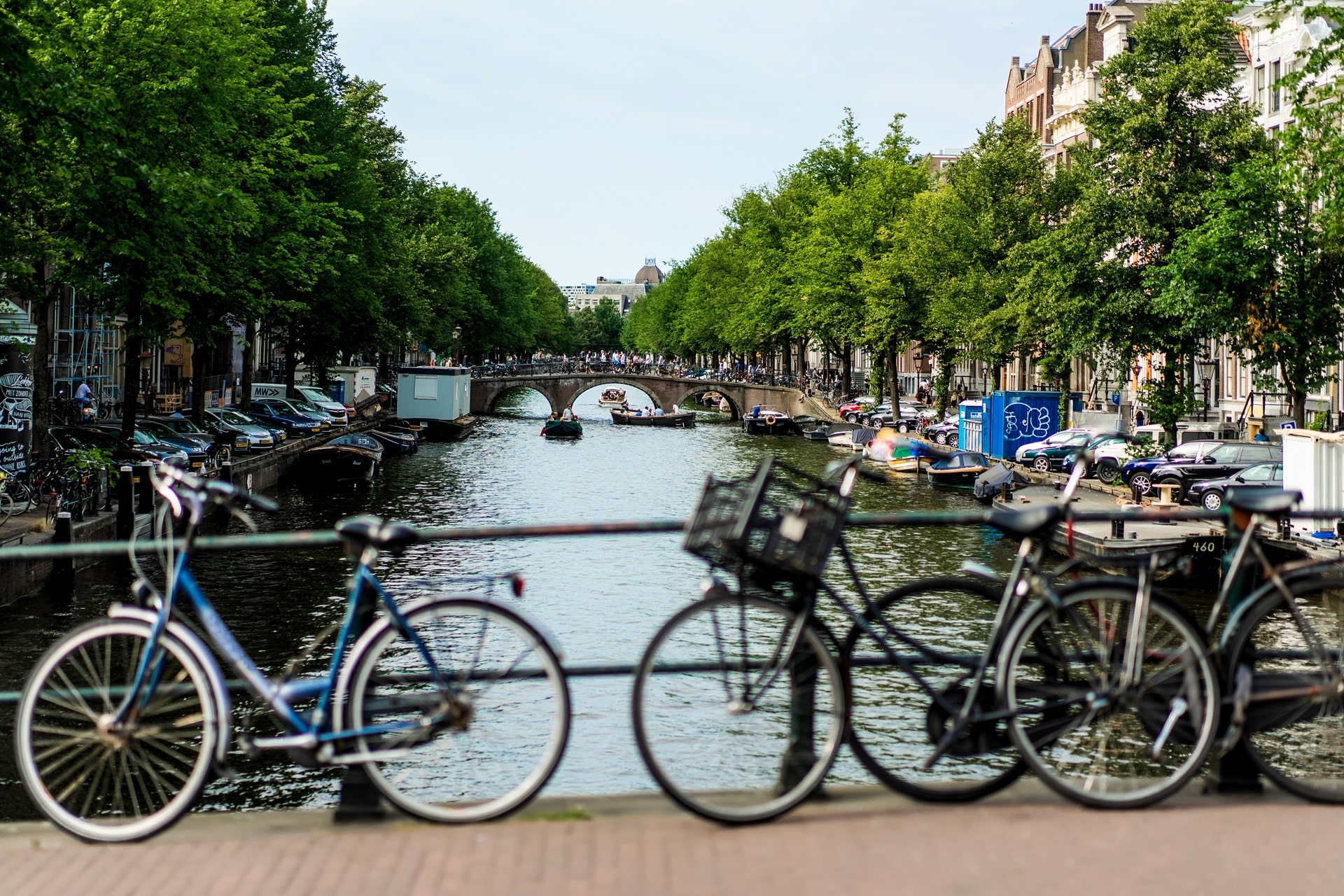Why Choose the Netherlands for Your Studies?
The Netherlands, recognized globally for its pioneering educational approach and world-class universities, offers a unique environment that attracts students from all over the world. Home to numerous top-ranked institutions, the Dutch educational system is renowned for its quality and the wide range of international study programs conducted in English. This makes it an ideal destination for achieving academic excellence. Beyond academics, the Netherlands is celebrated for its rich cultural landscape and open, tolerant society. Students benefit not only from high educational standards but also from a dynamic environment that fosters cultural exchange and personal growth. Living in the Netherlands means experiencing its vibrant cities, historic sites, and progressive lifestyle firsthand, all of which contribute to a well-rounded educational experience.
Education System
The Netherlands boasts a diverse educational landscape, with over 14 universities consistently ranked in the global top 200. These institutions not only offer a wide range of programs in English but are also pioneers in adopting innovative educational practices. Dutch universities place a strong emphasis on student-led learning, encouraging students to develop their own academic paths and engage in cross-disciplinary research. The educational philosophy in the Netherlands is built on the pillars of critical thinking, creativity, and collaboration, all aimed at preparing students to meet global challenges. Additionally, Dutch research universities and universities of applied sciences are known for their strong links with various industries, providing students with invaluable practical experiences and networking opportunities that are crucial in the global job market. This robust framework supports a dynamic learning environment where students can thrive academically and prepare for impactful careers.
Visa Requirements
Non-EU students looking to study in the Netherlands are required to obtain a VVR (Temporary Residence Permit), which facilitates their stay throughout their educational course. The application process for a VVR is streamlined and often facilitated by educational institutions themselves, ensuring students receive the necessary support from the moment they are admitted. The permit also allows students to work part-time during their studies and full-time during holiday periods, providing a practical means to gain professional experience and manage living expenses. Moreover, students are guided through the mandatory health insurance setup and registration with local municipalities, which not only complies with Dutch law but also integrates students into the social services system, ensuring their well-being during their stay.
Cost of Living
While the cost of living in the Netherlands can vary depending on the city and individual lifestyle, students should generally budget between €800 and €1,200 per month. This estimation covers housing, which can be secured through university housing networks offering relatively affordable options compared to the private market. Additionally, it includes food, transportation, health insurance, and incidental expenses. Dutch cities are well-connected by public transport, which is not only extensive but also subsidized for students, significantly lowering travel costs. Furthermore, despite its high standard of living, the Netherlands offers various financial aids and part-time job opportunities which can help mitigate living costs, making it an economically viable option for international students.
Culture and Lifestyle
The Netherlands offers a vibrant cultural scene that enriches the educational experience, featuring historic cities filled with medieval architecture and renowned museums alongside contemporary art galleries and avant-garde theaters. The country's cultural tapestry is woven from its extensive festivals, music events, and public exhibitions, which are a testament to its rich artistic heritage and innovative modern cultural landscape. Dutch society is known for its inclusivity and multilingualism, making it an ideal study destination for international students. The high proficiency in English across the population eases the transition for non-Dutch speakers and fosters a welcoming environment for students from all backgrounds. Furthermore, the Netherlands' central location in Europe offers unique opportunities for students to travel and gain educational experiences across the continent. This dynamic blend of traditional and contemporary culture, coupled with the societal emphasis on tolerance and global perspective, prepares students not only academically but also personally by broadening their worldviews and enhancing their social interactions.
Explore Our Partner Universities

Leiden University
Leiden, Netherlands

University of Groningen
Groningen, Netherlands

University of Amsterdam
Amsterdam, Netherlands

Utrecht University
Utrecht, Netherlands

Vrije university
Amsterdam, Netherlands

Maastricht University
Maastricht, Netherlands

Radboud University
Nijmegen, Netherlands

Wittenborg University of Applied Sciences
Apeldoorn, Netherlands

Rotterdam University Of Applied Sciences
Rotterdam, Netherlands

